Bulletproof Executive Dave Asprey on the bizarre world of biohacking
BUTTER in your coffee, daily sleep reports and popping prescription drugs. Take a look inside the bizarre world of biohacking.
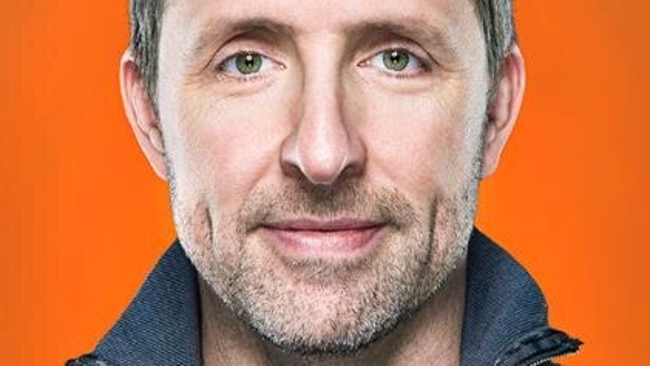
HE SLEEPS five hours a night, has lost 45 kilograms and claims to have raised his IQ 12 points. Each morning begins with black coffee and a stick of butter and he pops prescription medication for its anti-ageing properties.
Welcome to the world of Dave Asprey, a.k.a. The Bulletproof Executive who is spearheading a new breed of biohackers — a group obsessed with making yourself faster, smarter and stronger through a combination of caveman diets and the latest in modern technology.
MORE: Aussie workers using real-life ‘limitless’
It’s an extreme version of the paleo-eating, lactose-free, jawbone-wearing lifestyle that is gaining followers as people seek to take advantage of new technology and become a more ultimate version of themselves. But aspects of the trend have doctors and health experts worried it could be doing permanent damage.
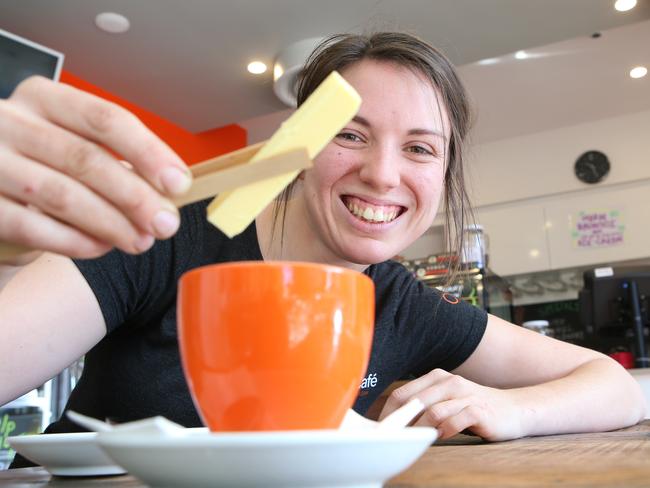
“The high tech boom is boring compared to what’s happening with biohacking,” Mr Asprey told news.com.au from over the phone in California.
“Biohacking is the art and scene of taking control of your own biology. You do that by taking the environment around you and inside you.”
He’s in Los Angeles to host the second annual Bulletproof Biohacking Conference this weekend billed as a chance for ordinary people to “feel the future of biohacking technologies”.
It includes everything from doctors offering intravenous vitamin injections to lung pumps and a device designed to terrify people into a state of “flow” — the mental state achieved by elite athletes when they get in the zone.
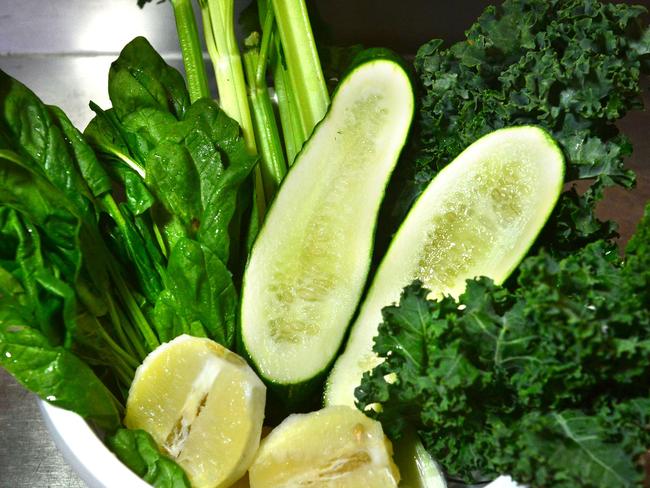
Mr Asprey got hooked on the idea after running his own software company left him rich but unhappy. He tipped the scales at 130kg and wandered around in a “brain fog” each day.
He poured $300,000 into hacking his own body and now runs an empire touting everything from his own coffee and supplements to followers.
Some of the more bizarre products on offer include powerlung respirators to make ordinary people breathe like elite athletes and body vibration plates his website claims were invented by Russian cosmonauts, designed to help people find the mental and physical state.
“The old way is to do what you’re doing more, the new way is to get data and do what actually works. So many people do things that don’t work and keep doing them over and over because they haven’t taken control. They haven’t had technology to train themselves to do things in a much faster way,” Mr Asprey said.

His typical days begin with a sleep report via email detailing his heart rate, temperature and movement overnight, followed by half a litre of “bulletproof coffee” and a high-fat diet with vegetables and protein.
“I don’t pay attention to food (around him), that’s kind of liberating for me. I don’t notice bagels; the juiciest piece of bacon and I still don’t want it, I’m actually satifisied. As a guy who weighed 300 pounds that’s huge,” he said.
A controversial part of his repertoire includes taking prescription drugs like Metformin (used for diabetes patients) and Providgil (for narcoleptics) to boost his brain power and stay focused — something definitely not recommended by health professionals.

The philosophy is gaining ground in Australia. OptimOz director Leon Wurfel distributes biohacking products to around 5000 customers here and said he sees the community growing into the “next big thing.”
“I don’t know if we’ve reached peak paleo yet but I think biohacking is going to be the next big thing,” he said.
“Bodybuilders go to gym and take supplements, but the way I think about biohacking is it’s for the nerds. Nerds are trying to take over the world, taking all these supplements to try and boost their performance.”
Mr Wurfel, who got into biohacking after breaking his collarbone and earning the nickname “powergut”, said the combination of diet and drugs have helped him transform from a disgruntled employee to someone running his own company.
“You have to jump through some pretty dodgy hoops to get [the drugs] but it keeps you firing on all cylinders,” he said.
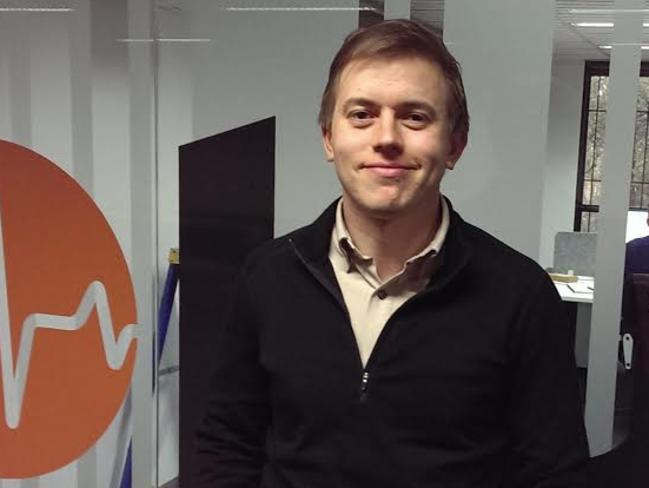
Doctors have warned of the danger of such an approach, saying taking drugs that haven’t been prescribed for you is never a good idea.
Royal Australian College of General Practitioners President Dr Liz Marles said prescription drugs are controlled for a reason and whoever prescribes them needs to understand biology intimately.
“When we prescribe, what we’re doing is weighing up benefits versus risks. Obviously if you’re sick and you’ve got diabetes then the benefits can outweigh the risks but if you’re basically well and you’re doing it for other purposes it doesn’t take much for that equation to change.”
She said Metfromin can lead to problems in those that have trouble with kidney functions and people should never take drugs unless it is prescribed for them.
“Having that evidence allows us as doctors to know what circumstances are safe or not. I don’t think any individual can really be certain it won’t cause them problems down the track.
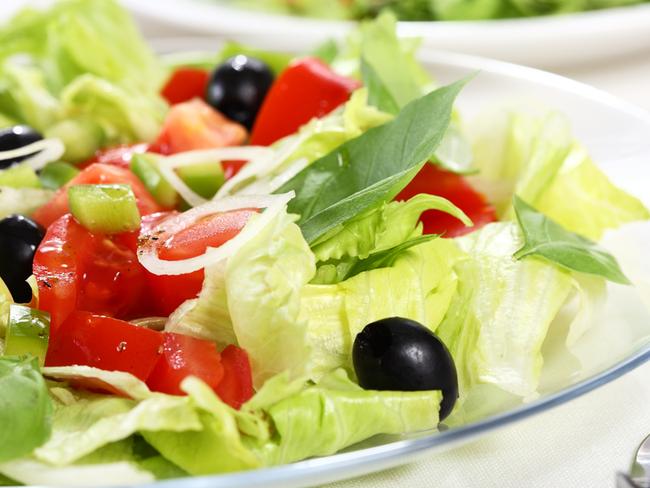
Nutritionist Susie Burrell also said there is no conclusive research that shows high fat diets are good for long-term health and it’s important to consider how sustainable something is before embarking on a new regime.
“The most simple diet is one that is reducing carbohydrates to compensate for our sedentary lifestyle with more fresh fruit and vegetables, similar to a Mediterranean diet,”she said.
“The basic premise is 7-10 serves of fresh fruit and veg a day, a small amount of whole grains … and lots of lean protein, white fish, a small about of plain dairy and really focused on the good fats. It contains very little processed food.”
Ms Burrell also said when it comes to life-logging, apps and ways to measure sleep, calories and exercise can be useful, but don’t let it take over your life.
“I think the more awareness individuals have about their behaviours the better, as long as it doesn’t tip into obsession. As a tool to keep an eye on mindless behaviour they can be very helpful.”
Have you tried biohacking? Continue the conversation on Twitter @Victoria_Craw | @newscomauHQ



